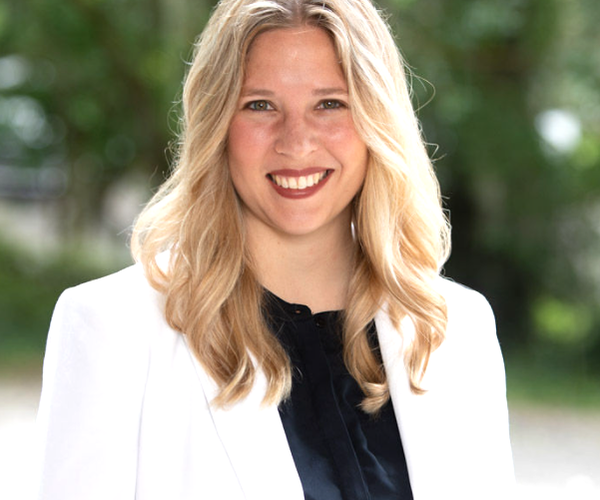Did you know that now is a great time to make money on your land without having to sell or divide it? Contrary to what we all hear on the nightly news, your land can still put money in your pocket — no matter what is happening with condominiums in Las Vegas or Miami.
Federal and state governments have made available tens of millions of dollars each year for Georgia landowners who agree to protect their land from development. In many cases, the government will write a check to a qualifying landowner who promises to protect their property.
But in some years, millions of dollars goes unused simply because qualifying landowners aren’t even aware of the programs.
Is this a land grab or a way for the government to allow public access on your land? The simple answer is no.
Landowners who voluntarily restrict subdivision development continue to own their land, with all the rights of privacy that they have always enjoyed. They may still hunt and fish on their property, and they may still farm the land. The only restrictions: cutting the property up into a neighborhood, or building a lot of additional houses.
The process can get a bit complicated, but don’t let that scare you. The Georgia Conservancy is here to help.
The Georgia Conservancy, a statewide, nonprofit organization, recently launched a land conservation program designed to help land owners find conservation solutions which are right for their properties. The Georgia Conservancy will essentially play matchmaker to bring land owners and conservation programs together.
So, how does it work?
The vehicle used to protect land and reward land owners is known as a conservation easement. A range of federal and state programs have been created to protect different types of land.
Owners of marshy bottomlands or swamps, for example, may qualify for federal funding from programs that seek to protect wetlands. Owners of pasture may qualify for federal funding which seeks to protect grasslands.
Farmers and ranchers may qualify for federal funding which seeks to protect and preserve family farms which have important soil types. In these cases, the government will make a lump sum payment to the landowner for agreeing to protect the land from development.
Many other landowners will qualify for state or federal programs which will provide payments for improving habitat for certain species of animals or planting certain kinds of trees, such as the native longleaf pine.
Even if you are not eligible for the millions of dollars available through these programs, you still may be able to use your land to generate cash by putting a conservation easement on the land yourself — wiping out federal and state taxes on up to half of your total income!
How can this be? Let’s say you want to donate $10,000 to your favorite charity, and you own an acre of land that is worth $11,000. If you give the charity a check for $10,000, the IRS allows you to pretend you never received that income in the first place and you do not have to pay taxes on that $10,000. If the tax rate is 40 percent, you just saved $4,000.
But the IRS does not require that you give cash to get that savings. What if you wanted to donate the acre of land itself? The IRS allows this, generally, provided you demonstrate by an appraisal that the value of the land is actually $10,000. You still save $4,000.
What if most of the value of the land is for building a house? And what if you gave that right to build away via a conservation easement? Then you must get an appraisal to determine how much the right to build a house was worth.
Let’s say the land doesn’t have much market value if it cannot be built upon. The value of what you gave away might actually be most of the value — let’s say it is $10,000. You get the same deduction as if you had given $10,000 in cash or had given away the land completely, only now you still own the land: you can hunt, fish, hike, play, farm it, and keep out anyone you don’t want in. And you still save the same $4,000.
A Georgian in the 35 percent income tax bracket will save about $4,000 in actual tax dollars for every $10,000 donation he or she makes. When you think about it this way, if you protect your land by a conservation easement that is valued at $50,000, you will keep an extra $20,000 in your pocket. Not a bad deal if you would like to keep the land anyway and do not have plans to develop it.
Plus, you have the benefit of getting cash value from your land right now. That’s not an easy thing to do in the current real estate market. Finally, you get the satisfaction of knowing that you created a legacy of habitat protection that will live on long after you are gone.
Call Shannon Mayfield or Fuller Callaway at the Georgia Conservancy at (404) 876-2900 ext 113 or email Shannon at smayfield@gaconservancy.org if you have any questions.
The Georgia Conservancy is a statewide, non-profit organization that works to protect the state’s natural environment by advocating for sound environmental policies, advancing sustainable growth practices and facilitating common-ground solutions to environmental challenges. Learn more at www.georgiaconservancy.org.








